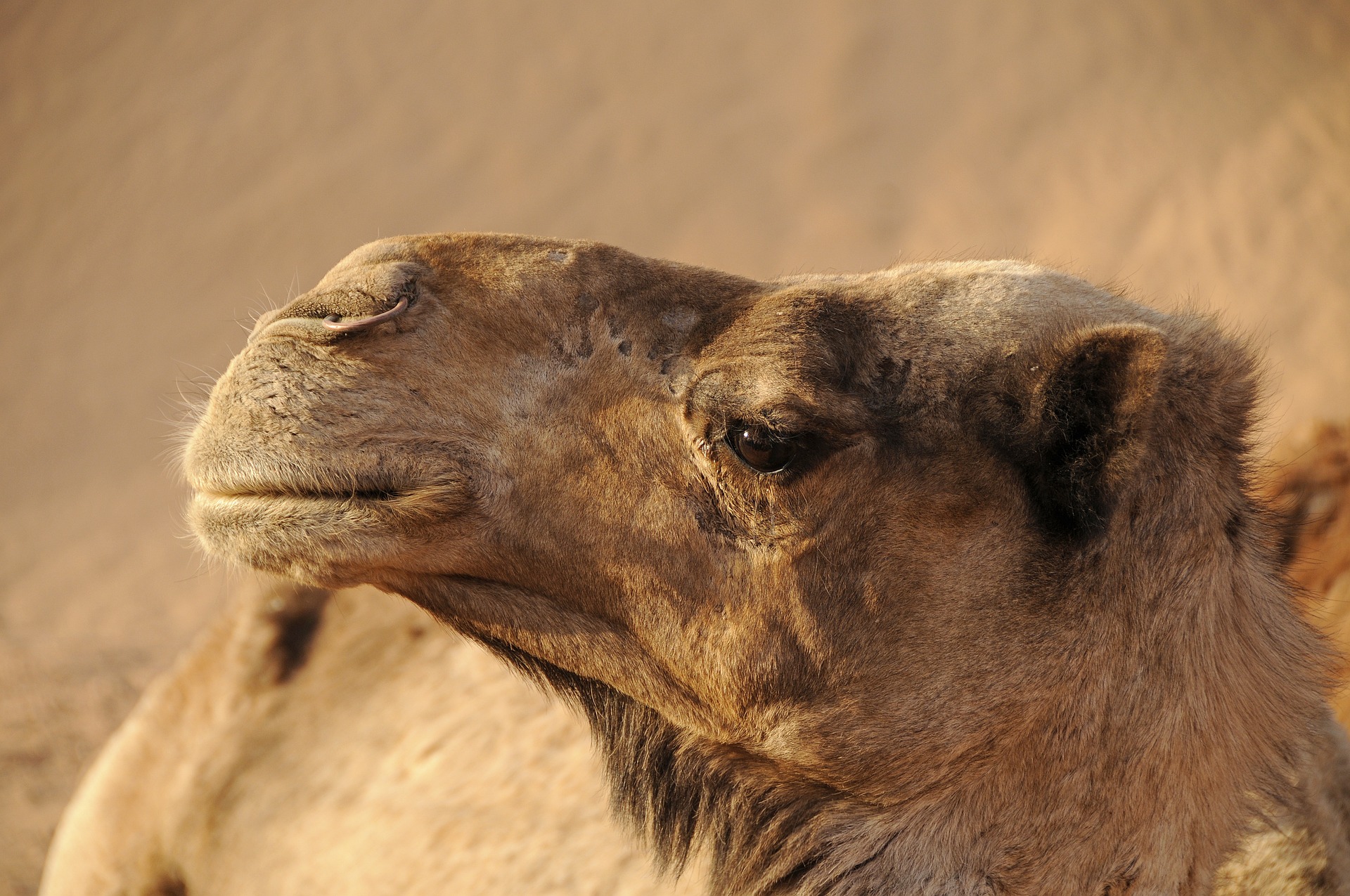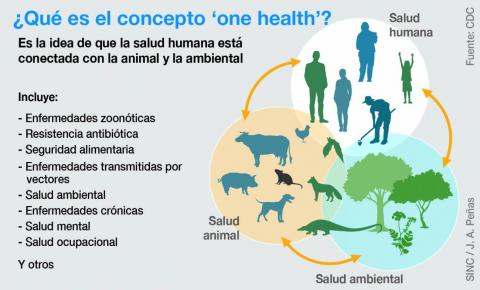The camel flu mystery is either the latest microbiological hoax or the title of an Agatha Christie book. I call it a "mystery" because, try as I might to find information on where the source of this non-news is, I find nothing. I have knocked on several doors of experts, national and international colleagues, and the reaction, in different languages, is always the same: "Hi, look, they are asking me about the possibility of a MERS outbreak in Qatar in the middle of the World Cup, do you know anything about that? Surprised reactions. "They say that two journalists have died, or three depending on the source, and that there are cases in the French national team". Poker face, throat clearing. Response: "But where did they get that from? Is there a report, an alert? Does anyone other than the user @juan34765 on Twitter know about it?". Silence.
There is not much to tell because it is just one more of those hoaxes that have been circulating lately about pathogens
There is not much to tell because it is one more of the recent pathogen hoaxes, but we can take the opportunity to explain some concepts about the virus and its surveillance. When they talk about "camel fever" they are referring to the disease caused by the MERS coronavirus. This coronavirus was first detected in humans in 2012 and, by studying its origin, it was found that camels are widely infected by it. Although it is a normal infection in camels and can be transmitted to humans, such transmission is very difficult and there is currently no evidence of even sustained transmission in the community. If I can give you a piece of advice, don't drink camel milk directly from their udders and you will be fine.
Geographically, the hoax makes some sense as most cases have occurred in the Arabian Peninsula, but the country most affected with the highest number of cases has always been Saudi Arabia and not Qatar. So, given that cases in Qatar are rare and transmission is difficult, and that we know there is high transmission of other respiratory viruses at the moment, if someone has caught a cold after dressing up as a Qatari in the colours of Spain it is likely to be from another pathogen.
If anyone has caught a cold after dressing up as a Qatari in the colours of Spain, it is likely to be from another pathogen
Despite the low probability, we are not letting our guard down with MERS: it forms part of the group of pathogens that are monitored with special interest because it is a health alert. The pathogens in this group have surveillance and action protocols drawn up and coordinated by the CCAES. In the case of the MERS coronavirus, if any of these situations are encountered, the surveillance machinery is activated:
- Person with acute respiratory febrile illness and history of travel to the Arabian Peninsula or countries with risk of transmission and no other cause of illness has been identified that could explain the symptomatology.
- A person with acute febrile respiratory illness who in the 14 days prior to the onset of symptoms has had close contact with a confirmed symptomatic case of MERS-CoV infection.
These patients are isolated and upper and lower respiratory and serum samples are taken and sent to the National Microbiology Centre (CNM, ISCIII) for diagnosis and confirmation for this virus by the Reference Laboratory. In this case, at the CNM we perform two PCRs that target two different areas of the genome in the two types of sample. These PCRs are constantly evaluated and updated if needed. If a positive diagnosis is obtained, it is reported to the health authorities and the contact study is carried out.
We know that a lot of crazy things could happen during the World Cup and we hope that the camels will be respected, but if not, we are prepared.




